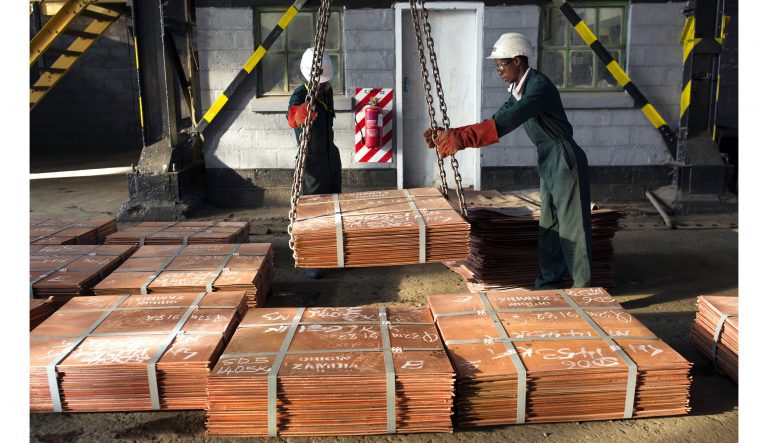Jobs at stake as Eastern Cape Plant shuts down

by Kelebogile Matlou
The National Union of Metalworkers of South Africa (NUMSA) has characterized Goodyear’s announcement to close its manufacturing facility in Nelson Mandela Bay, Eastern Cape, as a significant setback to jobs in the area. About 900 people are directly employed by the facility, which has been in operation since 1947. It also supports jobs in maintenance, security, logistics, and catering.
The shutdown is part of Goodyear’s larger reorganization in Europe, the Middle East, and Africa (EMEA), as the tire producer adjusts to shifting global market circumstances. While Goodyear will continue to have a sales and distribution presence in South Africa, as well as its Hi-Q retail network, its manufacturing activities will be discontinued.
Goodyear South Africa, a subsidiary of Goodyear Tyre & Rubber Holdings, has long been known for providing a diverse variety of tyres for passenger cars, SUVs, 4x4s, lorries, off-road vehicles, and even airplanes. The corporation claims that the closure is not a reflection of the performance or devotion of its local employees.

image: Internet
A formal restructuring procedure has been started by Goodyear in accordance with the Labour Relations Act of South Africa. The procedures will be supervised by the Commission for Conciliation, Mediation, and Arbitration (CCMA). Goodyear has pledged to provide equitable and responsible transitional support to impacted workers.
The decision has drawn criticism from labor organizations, and NUMSA has warned that the closing of the facility might have detrimental social and economic effects on the area. As the reorganization process develops, the ultimate conclusion and subsequent actions will become clear.
The union acknowledged that it had received a Section 189A notice from the corporation, which begins a consultation procedure that usually precedes layoffs.
According to National Union of Metalworkers, spokesperson Phakamile Hlubi-Majola, the impact would extend beyond the Goodyear facility.
“This decision is not just going to affect the jobs of workers at Goodyear directly, but also many jobs linked to its value chain,” she told reporters.
“There are smaller firms that offer services to Goodyear, and the plant’s shutdown will also affect those companies. As a result, we expect far more jobs to be affected.” She added.
Goodyear has not disclosed its closure’s grounds to the public, but analysts think the corporation is responding to a confluence of unfavorable circumstances. These include challenges in the global economy, growing operating expenses, and escalating competition from low-cost tire imports, especially those from Asia.
The CEO of the Nelson Mandela Bay Business Chamber, Denise van Huyssteen, identified several systemic problems that threaten the region’s manufacturing industry’s sustainability. She highlighted that several environmental constraints, such as poor municipal services, logistical problems, and growing expenses for basic services, put a lot of pressure on tire makers. Van Huyssteen added that the market scenario is worsening due to the flood of low-cost tire imports.
According to Nduduzo Chala of the South African Tyre producers Conference, local producers have faced challenging market conditions in recent years. “The market has suffered from an unfair trading environment. It is an issue of manufacturers versus importers, and low-cost items have entered the market,” he stated.




